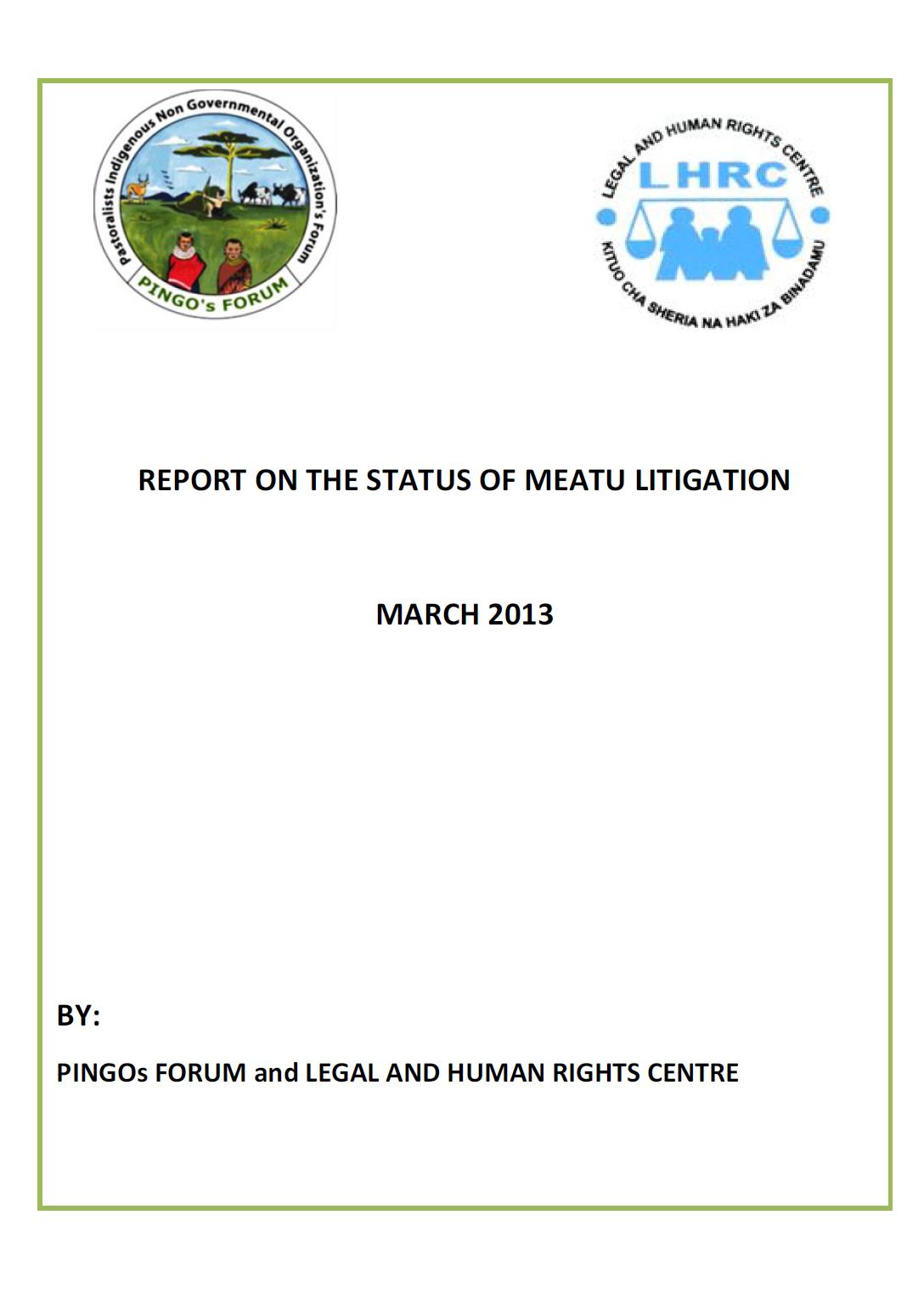Notes de politiques sur les questions pastorales dans le cadre du projet régional d’appui au pastoralisme au Sahel (PRAPS)/mobilité pastorale
Source: Foncier&Développement
Les 1ers Entretiens Techniques du Projet Régional d’Appui au Pastoralisme au Sahel (PRAPS) se sont tenus du 15 au 17 mars 2016 à Dakar autour de la thématique « Gestion durable des parcours dans le Sahel : stratégies, pratiques, gouvernance et promotion ». Ces entretiens ont conduit à l’élaboration de 3 notes aux décideurs et de 5 notes aux opérateurs (praticiens).












